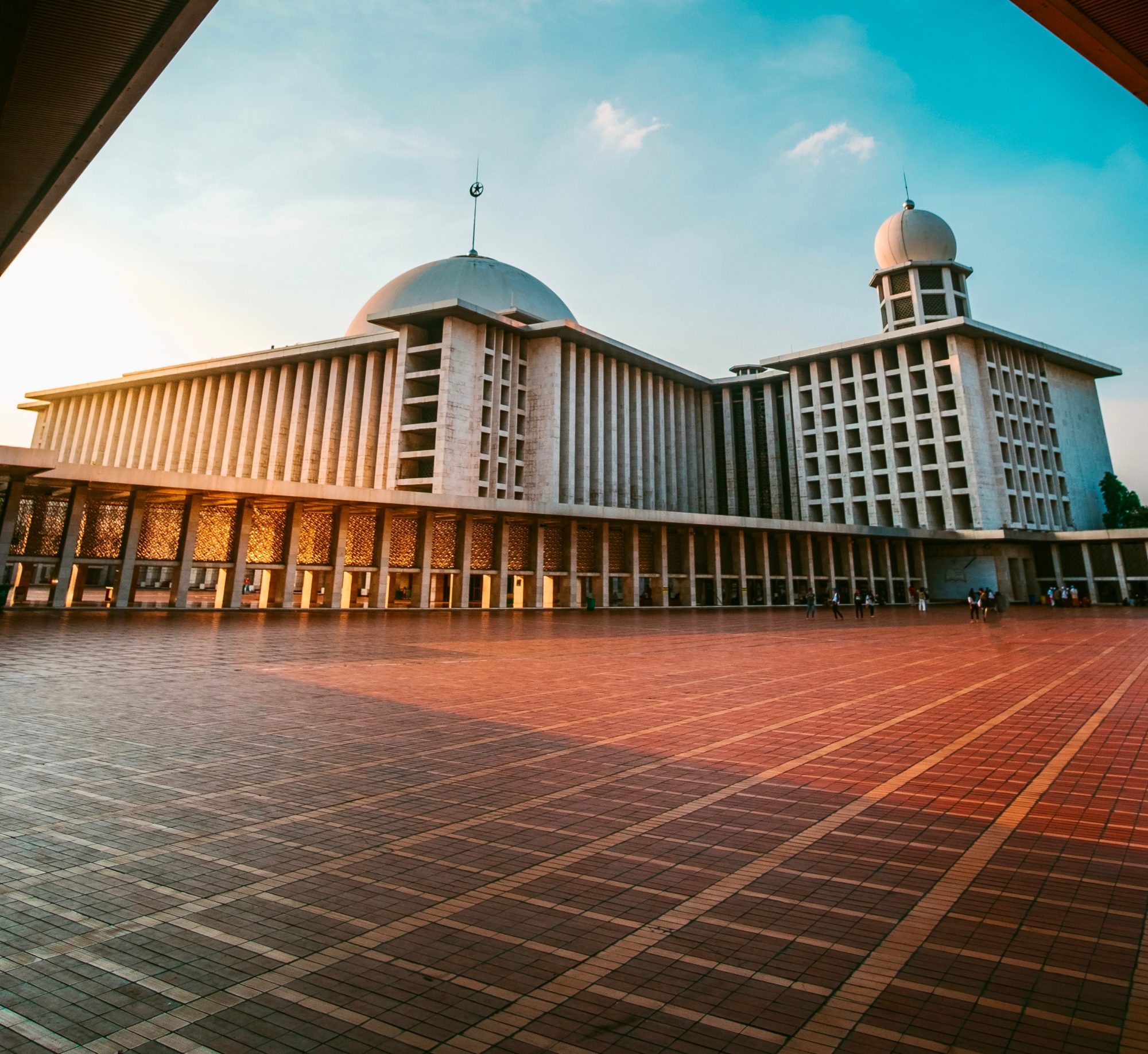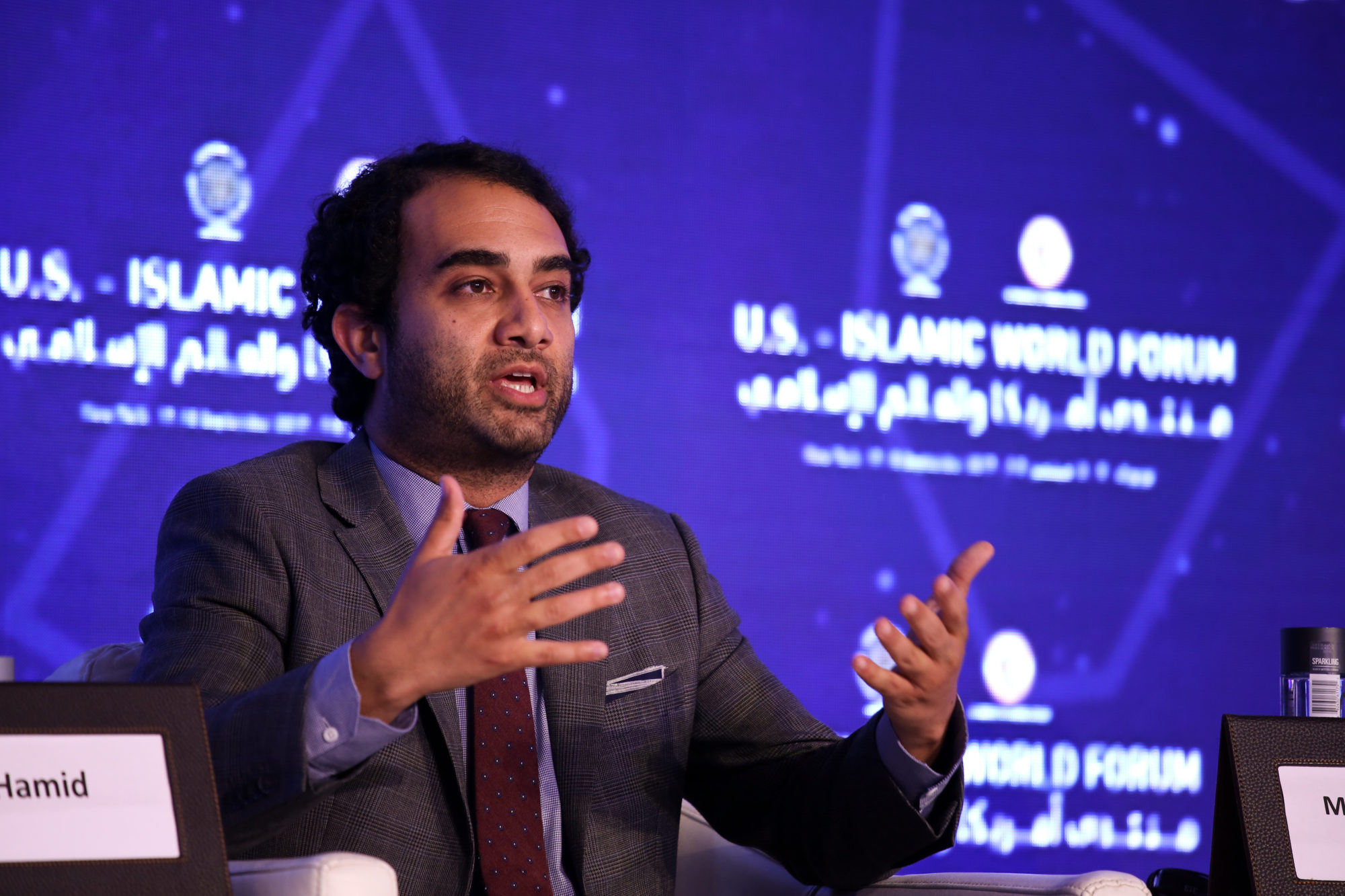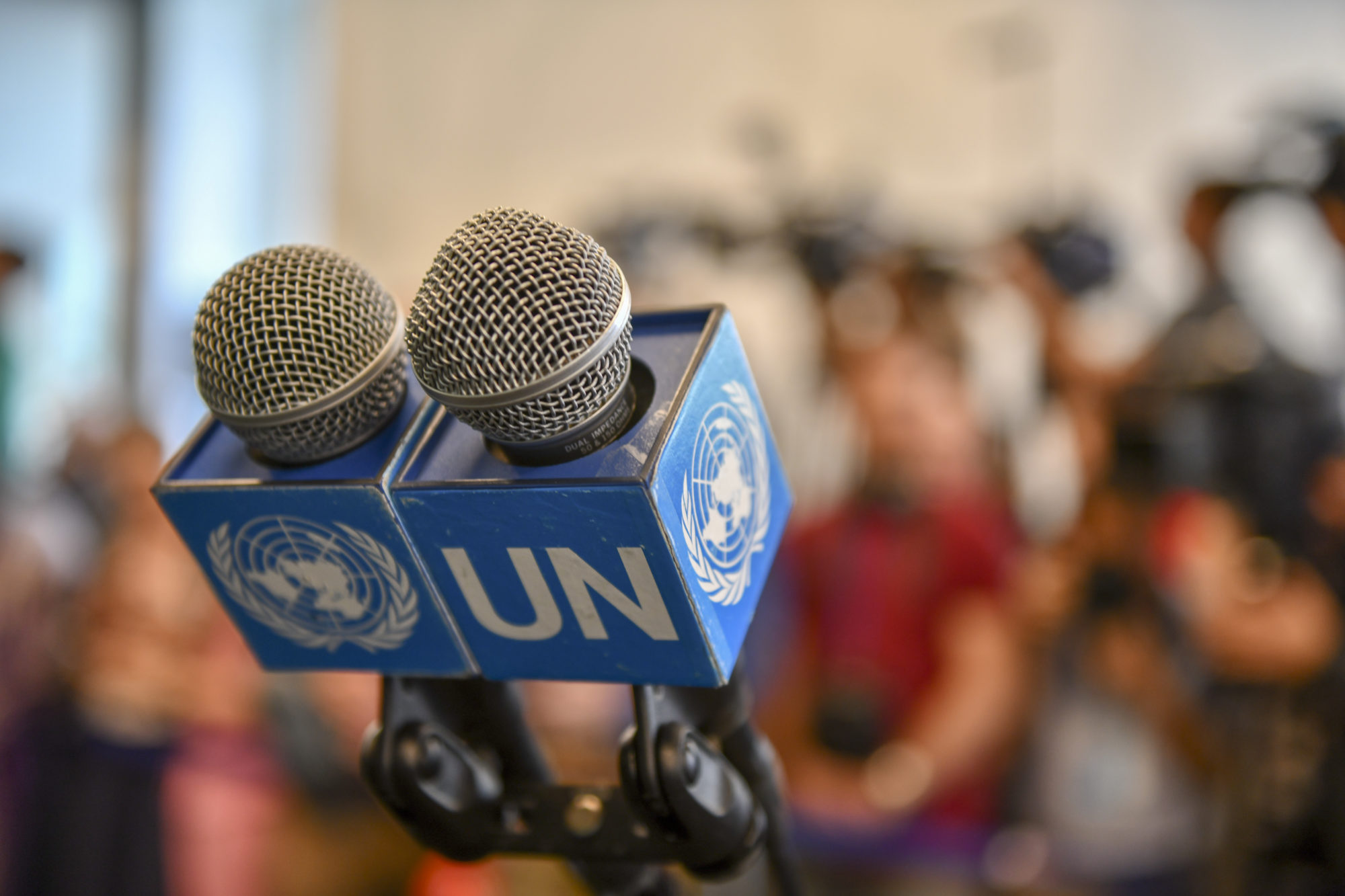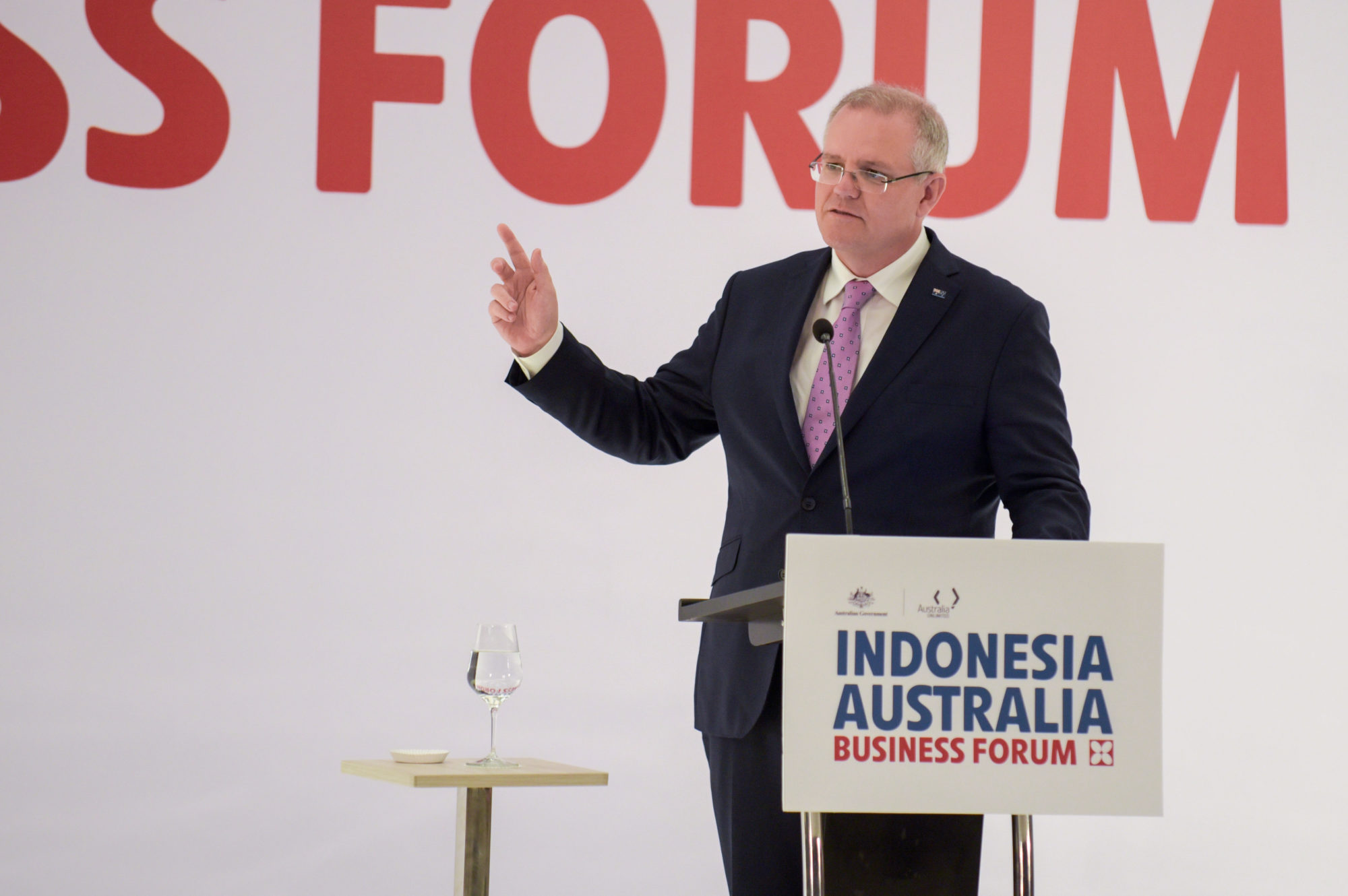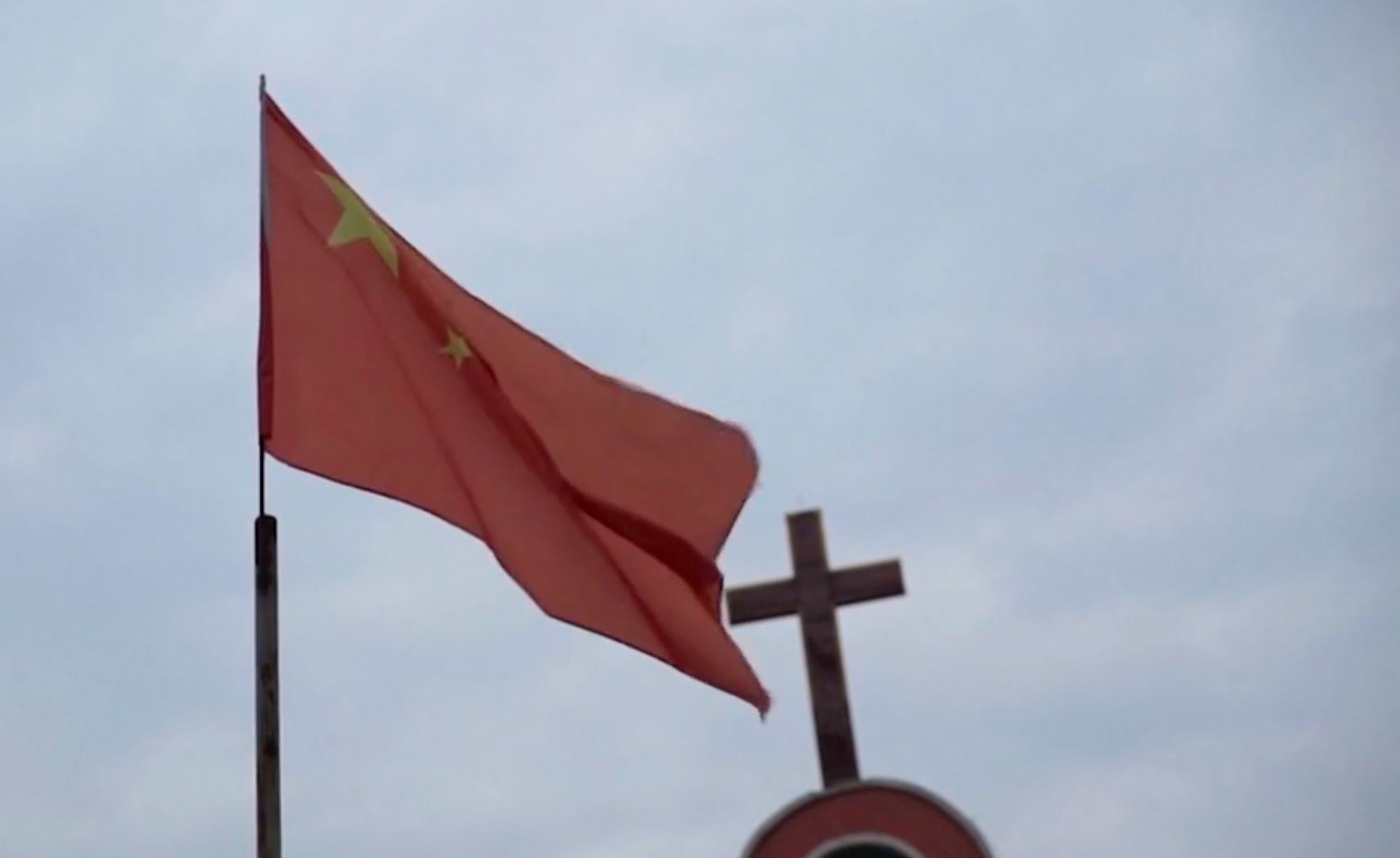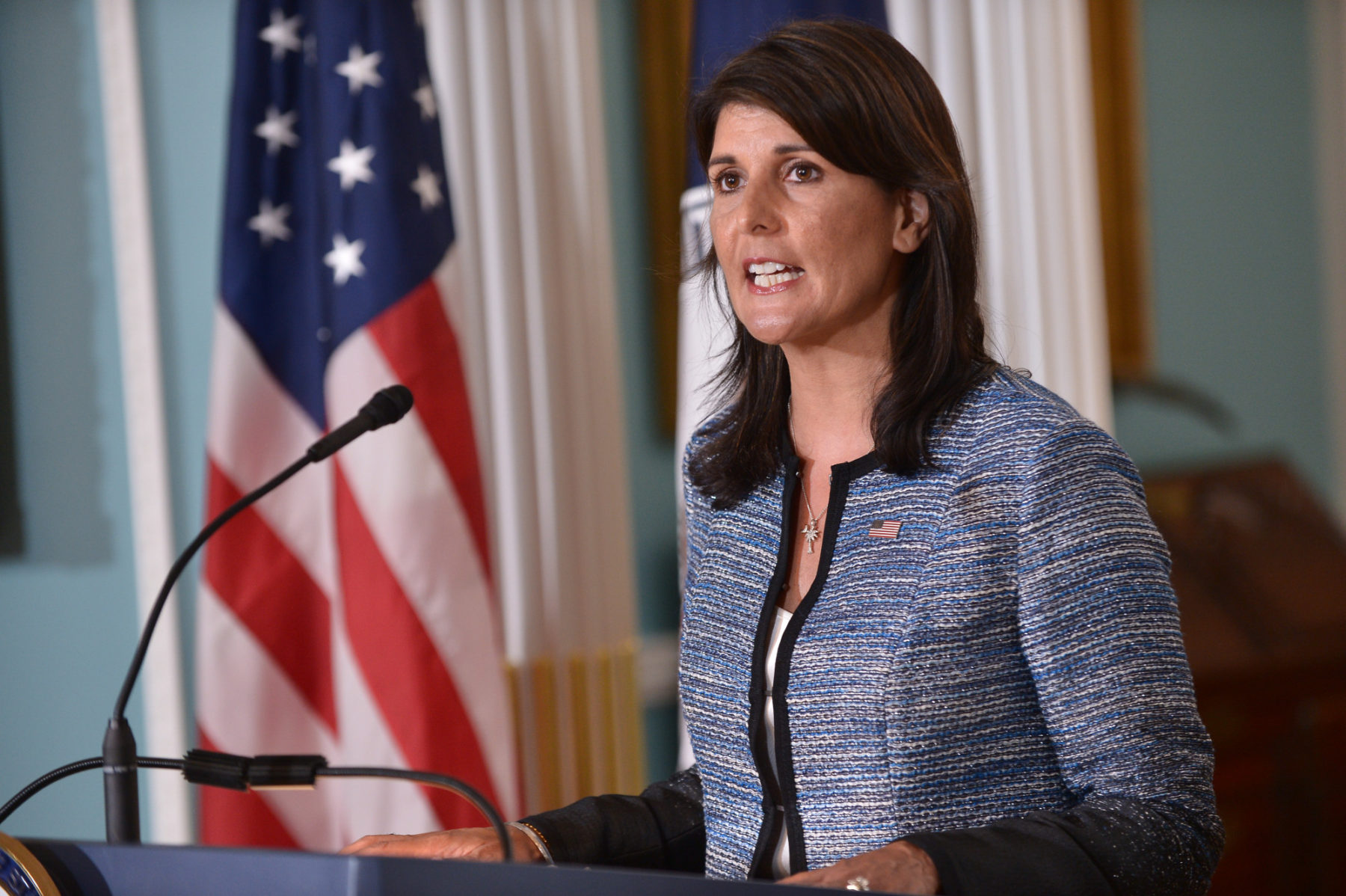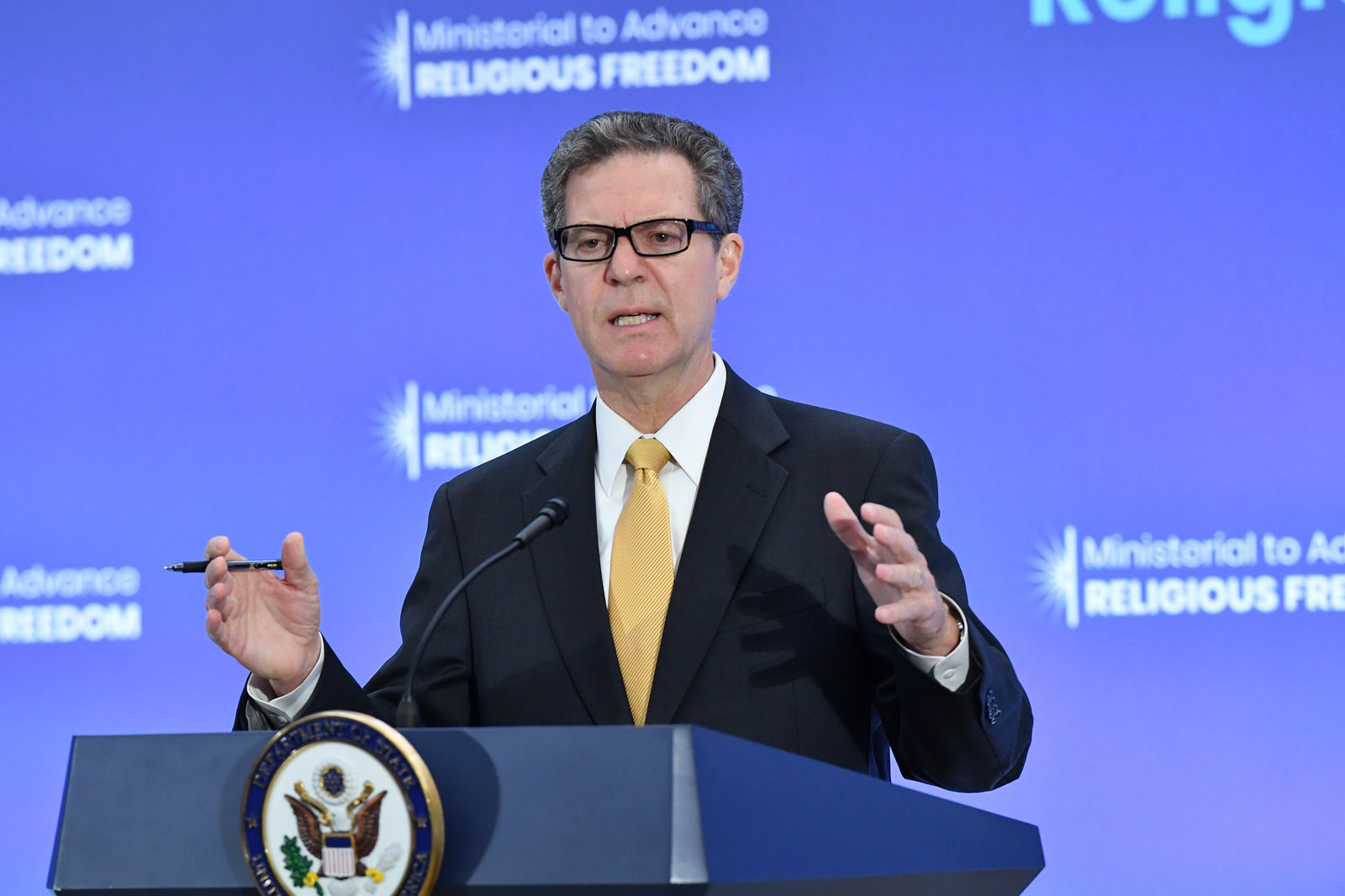Blasphemy Returns as a Political Weapon in Indonesia
A seemingly small incident in Indonesia is the first shot in the use of religion, specifically accusations of blasphemy, as a political weapon against President Jokowi in the ongoing presidential race.
Paul MarshallOctober 31, 2018
Don’t Call it a Reset: What the Release of Pastor Brunson Means for U.S.-Turkey Relations
Pastor Brunson is free, but many others are not. The U.S. should not push Turkey away, but continue the hard work of diplomatic engagement around core human rights issues. It should also continue to engage broad range of challenges these partner countries are facing in the region.
Joshua W. Walker & Jeremy BarkerOctober 25, 2018
Is the Struggle with Islam Reshaping the Modern World? An Interview with Shadi Hamid
Recently, Providence editor Robert Nicholson sat down with Shadi Hamid, a senior fellow at the Brookings Institution. In a wide-ranging conversation, Hamid addressed the lack of cross-cultural understanding in the West, the value of pluralism, the possibilities of democratic reform, and the potential for increased Christian engagement with Muslim neighbors.
Robert NicholsonSeptember 25, 2018
Organ Failure: The UN’s Case against the UN
The United Nations has failed to do what it was created to do—“promote the establishment and maintenance of international peace and security.”
Alan DowdSeptember 25, 2018
Revolving Doors: What to Expect from the New Prime Minister Down Under
When the New York Times called Scott Morrison, the new Australian prime minister, an “evangelical,” many of us Australian Christians groaned.
Russell PowellSeptember 17, 2018
China’s Crackdown on Christianity
China’s actions in the last two months—which have included demolishing church structures, burning Bibles, closing house churches, arresting pastors, and forcing millions of Chinese Christians to sign statements renouncing their faith—represent a dramatic escalation in the Communist Party’s clampdown on religion in China.
Travis WussowSeptember 13, 2018
Divisible, Not Incompatible: Why Putting Political Agenda in Its Proper Place Leads to Better Human Rights Strategy and Economic and Social Outcomes
Summer 2018 was a landmark season for the US and its participation in advancing international human rights. First, the US Ambassador to the United Nations Nikki Haley led the US withdrawal from the UN Human Rights Council, and then the US Department of State hosted the first ever international religious freedom ministerial to advance religious liberty around the world.
Shea GarrisonSeptember 12, 2018
Throne-Altar Nostalgia: Appeal of Catholic Integralism Grows
For American Protestants used to the First Amendment’s protection of religious freedom, integralism—the doctrine that the state should publicly support the Catholic Church and protect that faith—sounds strange.
Daniel StrandAugust 30, 2018
Dispatch from the Ministerial to Advance Religious Freedom
Last month was a significant step forward for international religious freedom advocacy, but much work remains to be done.
Travis WussowAugust 8, 2018
